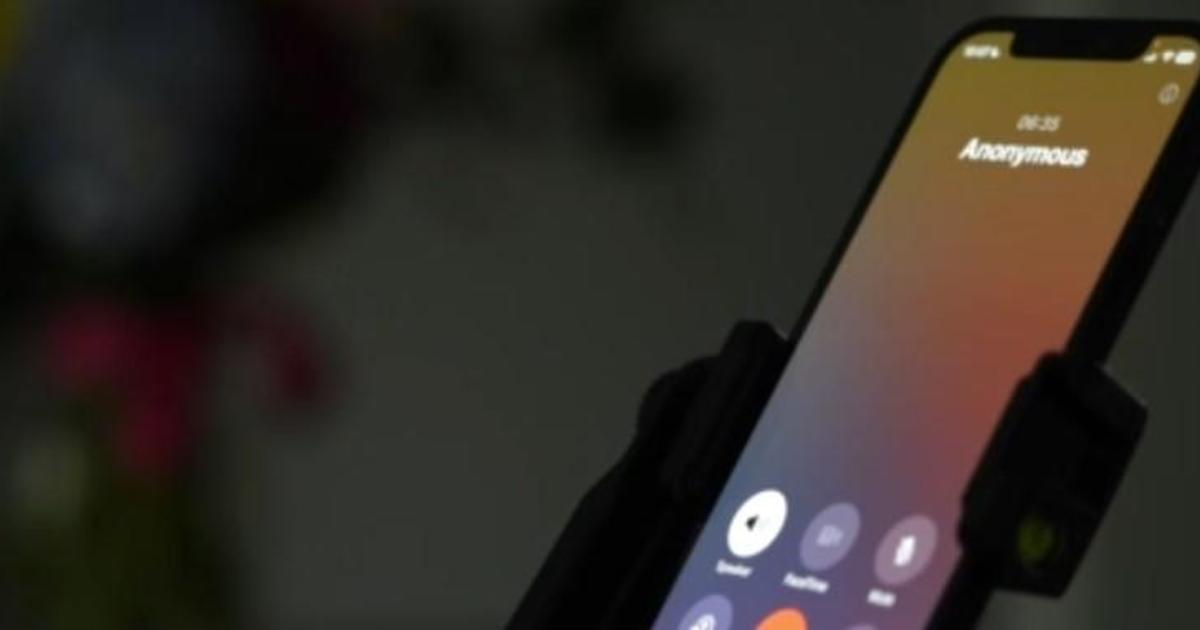Connected Vehicle Tests To Begin In Official Trials

Over the last few months the race to develop connected vehicles that "talk" to each other as they're driven along has picked up the pace, with several technology companies and carmakers developing systems to make our roads safer.
Now, the National Highway Traffic Safety Administration (NHTSA) is starting its own real-world trials of vehicle-to-vehicle (V2V) technology, beginning August 2012.
The trial, known as The Safety Pilot, will gather data from 3,000 cars in Ann Arbor, Michigan over one year. The NHTSA will collect the data to determine what aspects of the information sent between vehicles is most helpful. The aim is also to develop a system that works whatever vehicle is using it, whether motorcycles or big rigs - since not all accidents are simply between identical cars.
V2V takes vehicle systems to a level beyond that of current safety technology. The key difference is V2V's proactive nature. Systems such as active braking and pedestrian avoidance are reactive technologies, that prevent accidents when the driver has failed to react themselves. V2V technology means vehicles on the road communicate with each other, even if the driver hasn't seen the other vehicle. Incidents can then be avoided in much greater time, and if every car was so equipped then every driver in the vicinity would be forewarned of the existance of others.
It's also likely to be a key part of autonomous vehicles, since in the absence of relying on a potentially unreliable human driver the position of your vehicle and others around it can be infinitely varied to ensure traffic flows smoothly. The systems would also communicate with traffic signals, so you'd never need to wait at a pointless red light ever again.
The NHTSA's scheme will keep records of how actual drivers react to the early warning systems. According to Peter Appel, administrator of Research and Innovative Technology at the NHTSA, "The pilot... will allow us to learn how drivers use electronic alerts to avoid crashes in a real-world environment."
The trial will also determine what hardware is most cost-effective and what percentage of vehicles would need to be equipped with V2V tech for it to become effective in reducing accidents. Ford is developing its own version of the technology, and BMW is also testing a similar system.
The NHTSA predicts that widespread V2V technology could eliminate the causes of up to 76 percent of accidents.
This story originally appeared at All Car Tech.



